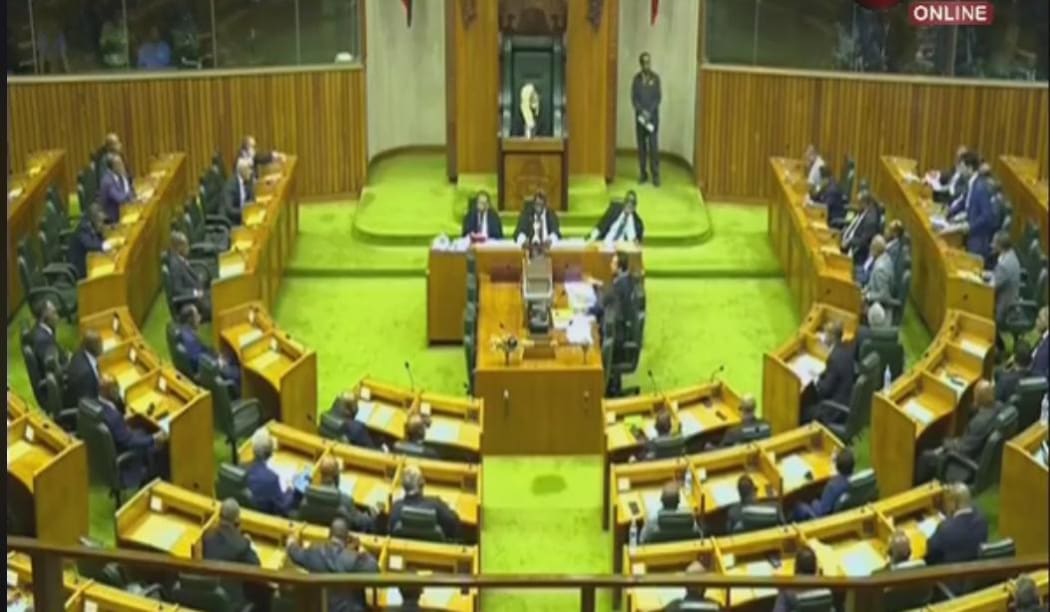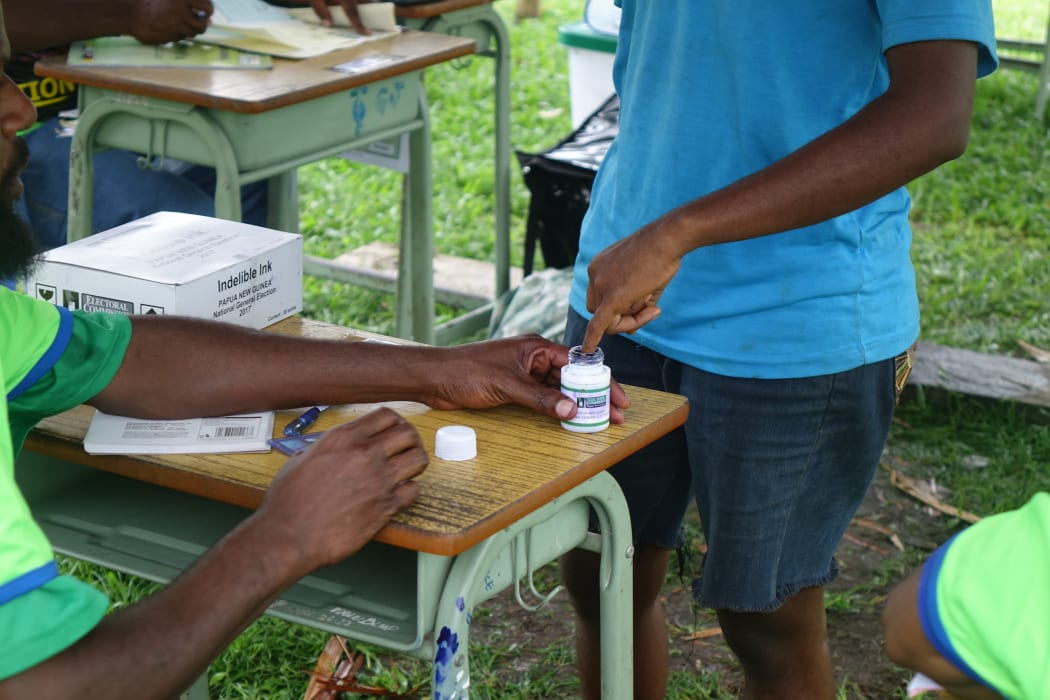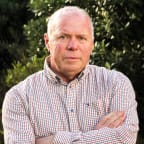Papua New Guineans choose a new parliament in national elections in June.
The voting, which typically extends over a two or three week period, is often marked by violence while more than half of the sitting members can be expected to lose their seats.
The first two weeks after the results will be marked by a period of frantic discussions, in which the MPs are shut away to stop them swapping sides, while the party leaders shape and reshape parties to form a coalition big enough to assume power.
Michael Kabuni teaches political science at the University of PNG but right now is completing his PHd at the Australia National University in Canberra.
He said the big difference this time will be the pandemic.
"And I was in Port Moresby, when the by-election for Port Moresby Northwest was conducted after Sir Mekere Morauta died, and it was during the height of Covid-19. But people were not following the instructions that were given, social distancing, masks, all of these things. And the concern is that that was within the city - in the rural areas, you'd expect things to be much worse than that," he said.
Tribal fighting has already started with violence in Tari claiming 19 lives last month.
Police and soldiers are now in Hela Province in force, trying to keep the peace and a major presence by security forces, possibly with Australian assistance, will be a feature throughout the poll.
PNG elections are local affairs with little national focus from polticians or the voters.
"The voters don't vote based on, you know, party alliances, or party policies. So it's a very local affair, partly because of the way subsequent reforms have shaped the role of the politician today. So the politicians are not lawmakers, they are service deliverers. And sometimes, you know, commentators refer to them as walking ATMs," Kabuni said.
He said it is what the voter immediately gets out from the politician that matters, and not necessarily what the politicians position is on issues that affect the country.
Voters want signs of services being provided, or personal benefits for them.
Kabuni said he doesn't expect this poll to be very different from previous elections, "I expect half of them to lose their seats. That usually happens. On average half of the MPs lose their seats. I expect dominant political parties will come back with the most numbers like PNC, People's Congress Party led by Peter O'Neill, National Alliance may come back with good numbers, Pangu Party."
Whichever party appears to have a slight advantage immediately after the poll it will drag many other MPs in.
Women have always struggled to get into the PNG Parliament. Just seven have won seats in the nearly 50 years since independence, and there are no women in the current parliament.
This time there are some high profile women ready to contest this year, such as Dulciana Somare-Brash, the daughter of the country's first prime minister Sir Michael Somare.
"We're just hoping that, you know, these women come through, but I don't think the number of women [elected] will exceed five, or even three, there's a lot of work to do," Kabuni said.
Parliament has just created seven new parliamentary seats, taking the total to 118.
Kabuni said there is a hope that at least some of these seats might be made reserve seats for women in time for the June poll.

Papua New Guinea's parliament on Wednesday. Photo: Supplied / EMTV
We also discussed the Limited Preferential Voting system, under which voters can rank three preferences. In the counting process all the preferences are then considered until one candidate has an absolute majority.
I asked him whether it was too complicated for voters.
"Well, it depends on which aspect of LPV limited preferential voting, you're looking at. If you look in terms of representation, that is whether the MP's got the mandate of the people to lead, then LPV is a better choice.
"Under first past the post, the MPs were winning with sometimes less than 19 percent of the votes, which means 80% of the electorate didn't vote for the MP. These percentages increased to somewhere around 80 to 85 percent, after the introduction of LPV, so as far as representation and getting a mandate of the people go LPV is a better choice. But it comes with its challenges like the counting process, sometimes delayed, it also gives opportunity for more corrupt practices to take place."
He said there were many informal votes when LPV was introduced because it took voters time to get to understand the system, but that has improved with time.

Voting in the 2017 election Photo: RNZI/ Johnny Blades
PNG in 2025 will mark its 50th anniversary since independence and one aspect of the country's political life that is often remarked on is that it has maintained its democracy through that time.
Kabuni said people refer to this as an "unbroken chain of democracy. So among its peers, countries that gained independence around the same time, it is one of very few success stories of post colonial countries maintaining democracy. [But]it comes with its challenges."


